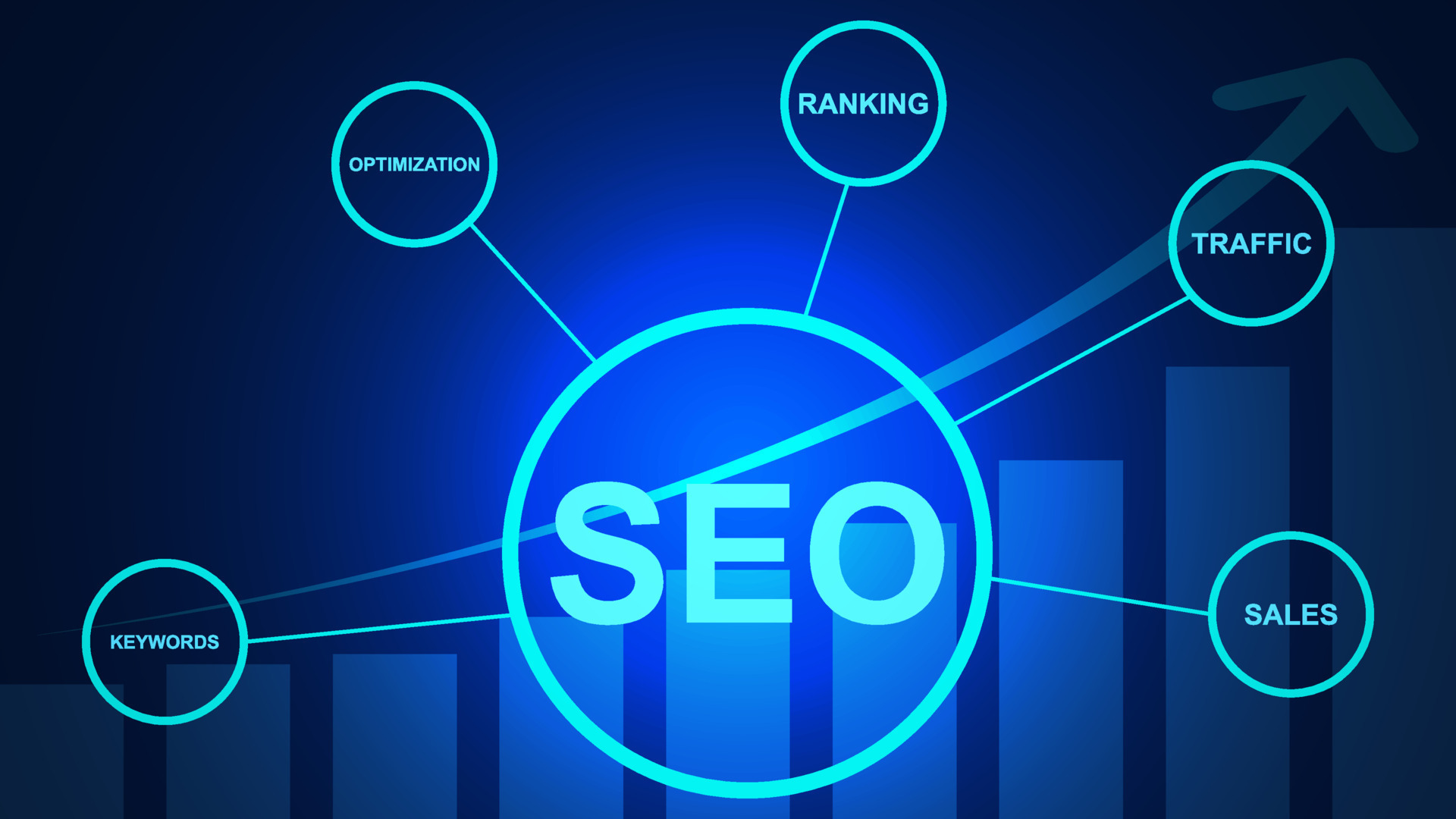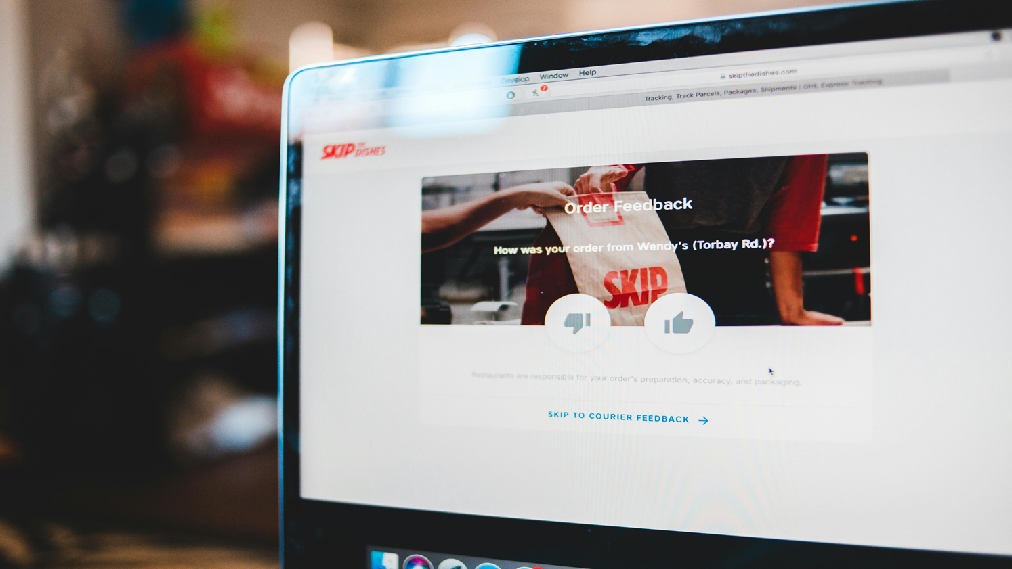Choosing the Right Website Builder for Your Business in 2024
A professional internet site is vital for any enterprise to establish its logo and connect to customers in the virtual age. With so many website builder tools on the market, selecting the right one for your specific needs can be daunting. This comprehensive guide will walk you through the key things to remember when studying internet site developers, provide an overview of the top options for 2024, and offer design suggestions as to how which you can wish your company well.
Why You Need a Custom Website
Before diving into specifics on website builders, let's review why having a custom-built website (rather than a basic social media page or generic template) is so important:

Professional image -
A properly designed website lends legitimacy and helps customers trust you.
Control over branding -
You can meticulously craft your messaging, visuals, and user experience.
Lead generation -
Interactive elements like contact forms and calls-to-action allow you to capture leads.
Search engine optimization -
A website designed for SEO helps people find you through search engines like Google.
Ecommerce capabilities -
If selling products online, you need a robust platform for your store.
Central hub-
Your website functions as the hub linking out to all other online properties.
For these reasons, investing in a proper website builder is a must. The question then becomes: which builder is right for you?
6 Key Factors to Consider
As you evaluate website builders, keep the following factors in mind:
1. Ease of Use
Select a builder with an intuitive drag-and-drop editor and a user-friendly workflow. You want something easy to navigate so you can update content yourself. Avoid platforms with overly complex interfaces or that require coding knowledge.
2. Design Flexibility
Ensure the website builder offers multiple templates and abundant customization options. You'll want to craft a design aligned with your branding, so don't settle for restrictive, cookie-cutter templates.
3. SEO Optimization

Choose a builder that allows you to optimize pages for search engines with customizable metadata, alt text, internal linking, and nice URLs. Built-in SEO is crucial.
4. Security
Your website builder should use HTTPS and SSL to encrypt connections. They need to additionally have safety features like 2FA authentication to defend your site.
5. Scalability & Performance
As your business grows, your website needs to scale with it. Select a builder capable of handling more traffic and storage needs down the road without compromising site speed.
6. Pricing
Compare pricing models across website builders to find one that fits your budget. Watch for hidden fees and upsells when evaluating the ROI. Even with the cheapest website builders, pricing should still be closely assessed. Focus on identifying a platform with an easy-to-use backend, extensive design customizations, robust built-in SEO tools, top-notch security features, and scalability to grow with your business over time. With research and testing, you can confidently choose the best website builder to meet your business goals and connect with customers.
Top 7 Website Builders for Business in 2024
Now, let's explore some of the leading website builders on the market this year:
1. WordPress
WordPress, the world's most popular CMS, powers over 40% of all websites. extraordinarily customizable, and has a large library of plugins and subject matters. The downside is that it calls for extra technical capabilities than some competitors. While WordPress commands significant respect in the market for its customizability and extensive features, working with experts like Freshy, a top-rated agency of WordPress experts, can elevate your website design and development beyond basic templates. Their experience ensures your site not only looks beautiful but is optimized for SEO, providing an impressive and professional online presence.
2. Wix
With its drag-and-drop editor and abundance of stylish templates, Wix shines for beginners. It also offers extensive applications through its App Market. However, some advanced users feel limited by Wix's uniform site-building approach.
3. Squarespace
Squarespace provides gorgeous designs optimized for visual impact. Their elegant templates load quickly and look fantastic on mobile devices. However, their pricing can be expensive for larger sites.
4. Webflow
Webflow uses a drag-and-drop interface but allows you to edit code directly in the platform. It's ideal for web designers who want more customization control. One limitation is that you can't install outside plugins. For developers looking for even more flexibility and performance, exploring a headless CMS for developers can be a smart move, allowing you to separate the front-end presentation from the back-end content management system.
5. Shopify
Shopify is the top choice for ecommerce websites. So if you have a website that sells dash cam with radar detector, you are on the right track They simplify setting up an online store while providing top-notch shopping cart, payment, and shipping functionality. It needs more flexibility for non-store websites, though.
6. Weebly
Weebly combines approachable drag-and-drop tools with advanced e-commerce features. Their SEO optimization is excellent. However, site speeds and uptime have faced some criticism among users.
7. Squarespace
Zoho Sites comes bundled with Zoho's wider business app suite. The combination of website builder and integrated business tools makes this a great unified platform for companies already using Zoho. But it trails its rivals in design capabilities. This covers some of the most capable and well-rounded website builders available today. Conduct thorough research to determine which aligns with your business objectives and requirements.
7 Tips for Choosing the Best Website Builder

Here are some key tips to guide your selection process as you seek the ideal website builder for your company:
Sign up for free trials -
Take advantage of free trial periods to test website builders hands-on before committing.
Compare core features -
Create a checklist of must-have features, including your preferred CMS, design needs, ecommerce tools, etc.
Ensure adequate support options -
Look for builders with multiple support channels like live chat, email, phone, and training resources.
Review ease of use -
Try building basic pages and updating content. The interface should be intuitive.
Assess design options -
Experiment with templates and customizations to see if the builder is sufficiently flexible.
Check scalability -
Evaluate provided options for upgrading your site as traffic grows.
Compare domain and hosting -
Factor these costs in when looking at pricing. Some builders include domains and hosting.
By thoroughly evaluating your options using these criteria, you can feel confident choosing a website builder tailored to your business goals and capabilities.
Conclusion
Selecting the right website builder is one of the most important foundational choices when establishing an online presence for your business. Take the time to thoroughly assess your needs and shortlist the builders that best fit your requirements before testing them with free trials.







